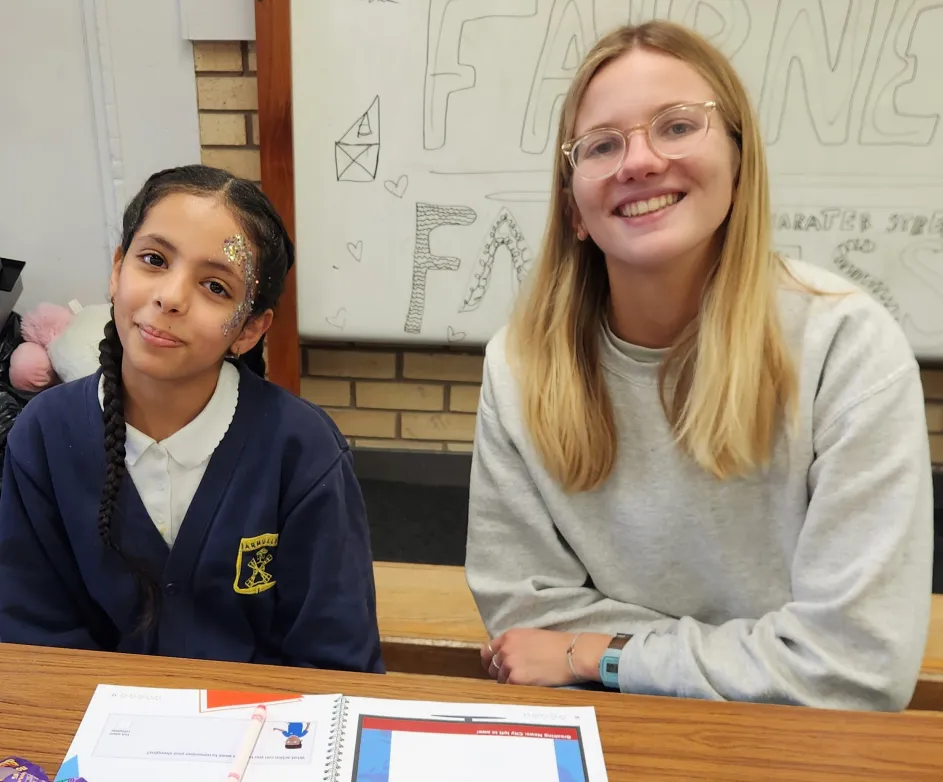The project is backed by research gathered and conducted by PhD researcher Hana Butorova at the University of Glasgow. Building on a wealth of evidence in the fields of psychology and education, the project draws on the rich understanding that character growth and positive personal relationships are at the heart of human development.
Character development is
This living out of character strengths is transformational to how we live. Developing strengths such as resilience, openness, creativity, kindness, patience, discipline, and responsibility is key to unlocking our potential and flourishing in life.
The most transformative tool in our character development is building deep connections in positive personal relationships. We develop our self-worth by seeing other people value us and care for us, and we learn that we can care for others and have a positive impact on our surroundings in the same way. This powerful combination of character-focused mentoring is what makes the project special and transformative.
The project also follows research-based best practice in youth mentoring. This includes screening and recruitment practices, as well as training in the facilitation of positive, close, trusting, developmental relationships. For example, we intentionally work with university students, who act as "near peer" mentors to children. The fact that they were the children's age not that long ago can help the facilitation of closer, more empathetic connections.
We also follow best practice from the academic field of developmental science and developmental psychology. Our mentoring includes targeted, evidence-based activities that have been shown to increase children’s self-esteem and confidence, social skills, resilience, and character. For example, children engage in research-backed discussions around the growth mindset, and explore the links between thoughts, emotions and behaviour following best practice from areas such as cognitive behavioural therapy.
Furthermore, we ensure that our work extends beyond just mentor-mentee pairs, and incorporates children’s broader social networks. Our mentoring takes place in schools, mentoring pairs interact with each other in group mentoring sessions, we involve parents and carers in children’s mentoring journeys, and we run a variety of community activities to extend the impact of mentoring. Children come along to these with whole families, neighbours, friends and other community members, and are invited to keep in touch with us through our activities for previous attendees.

